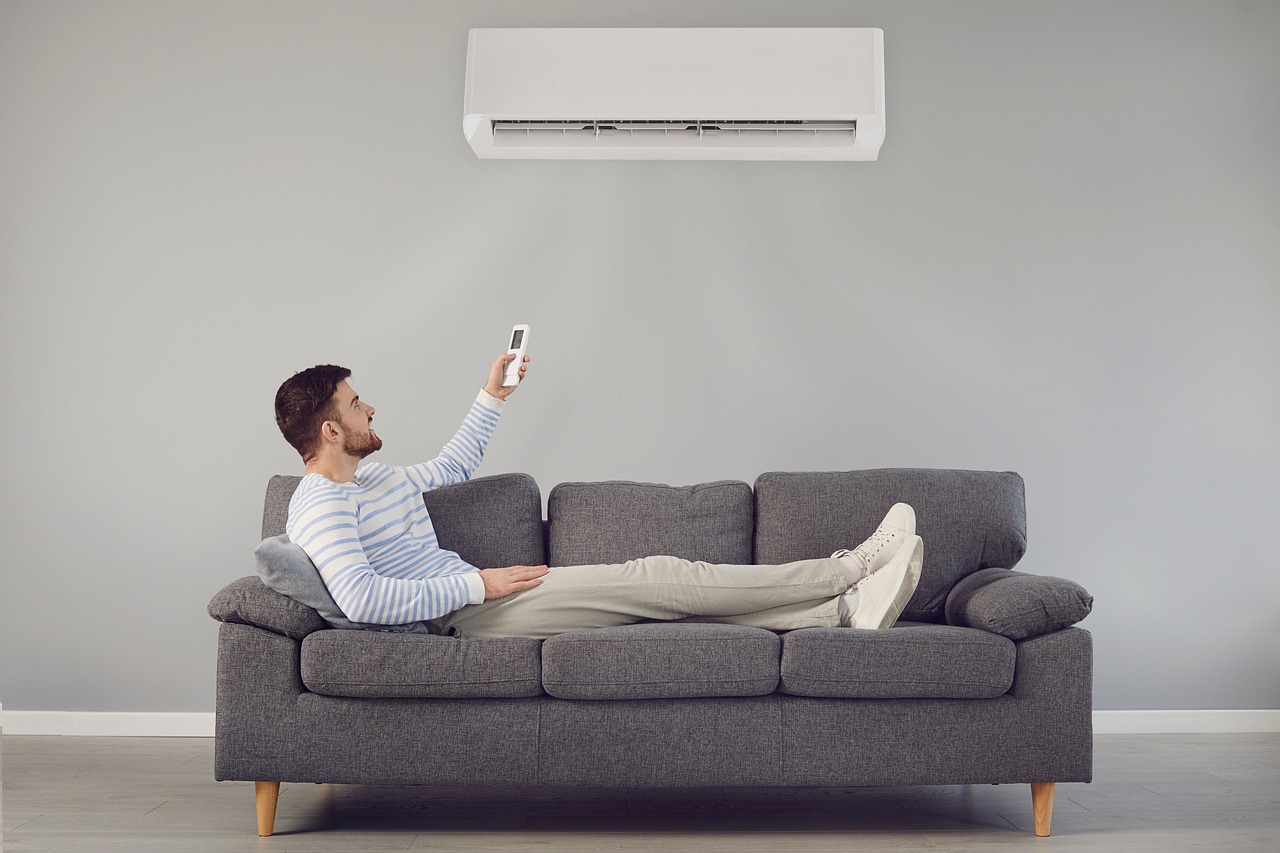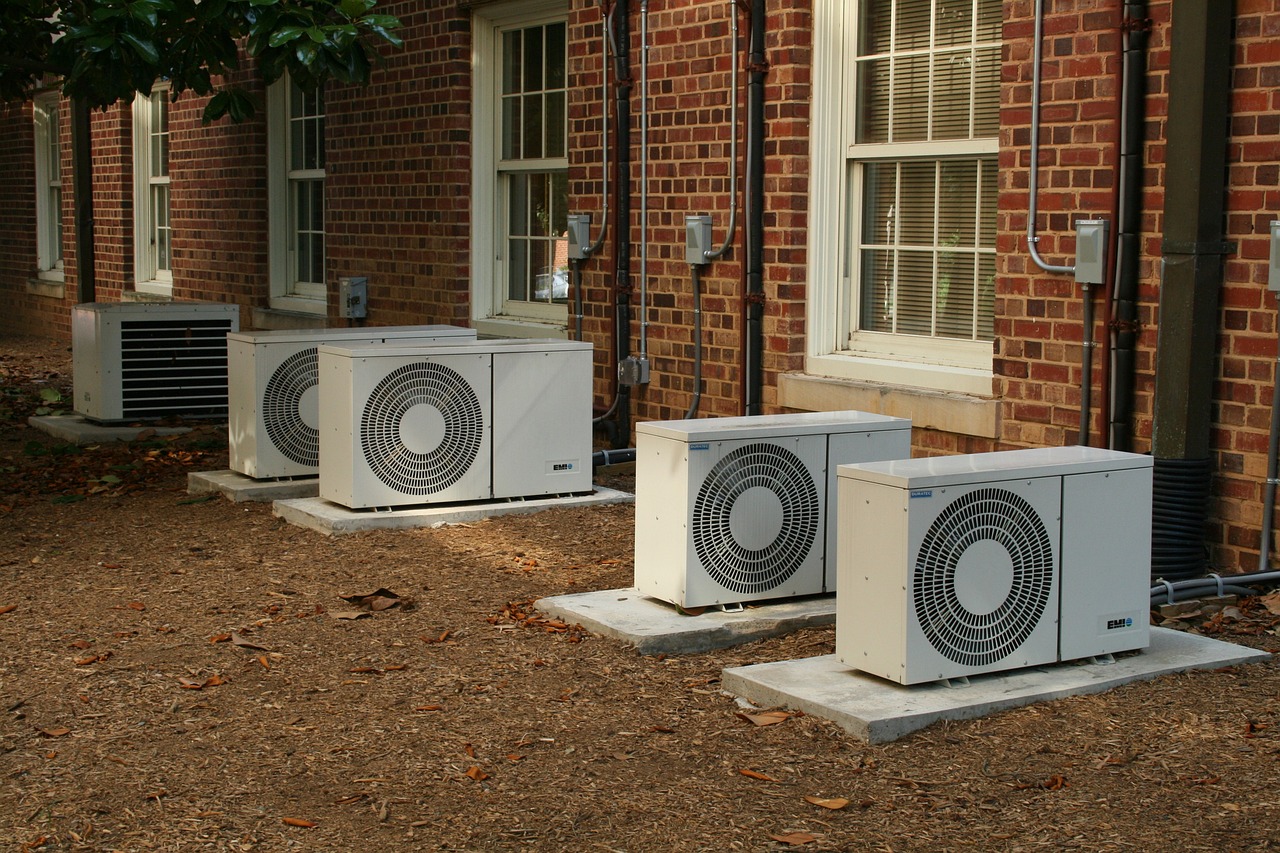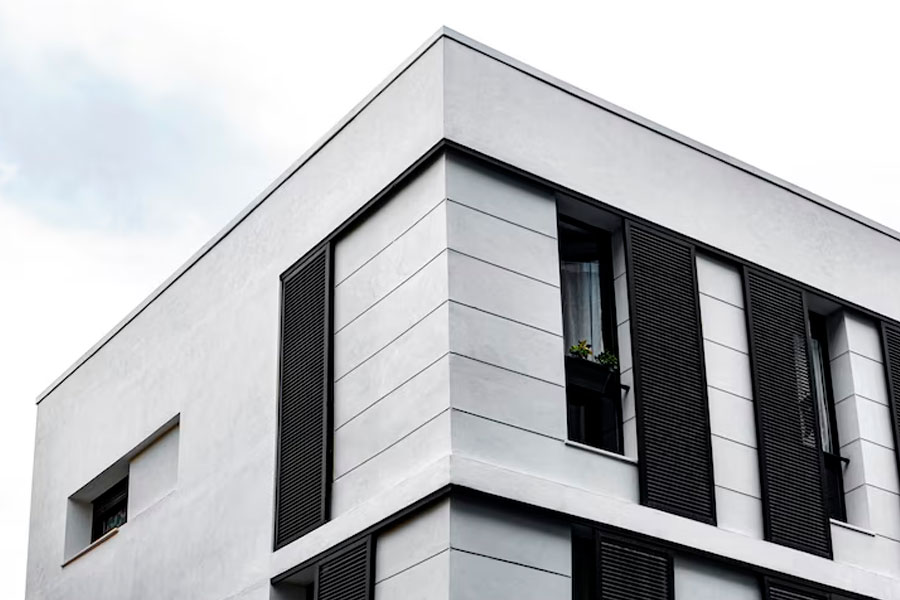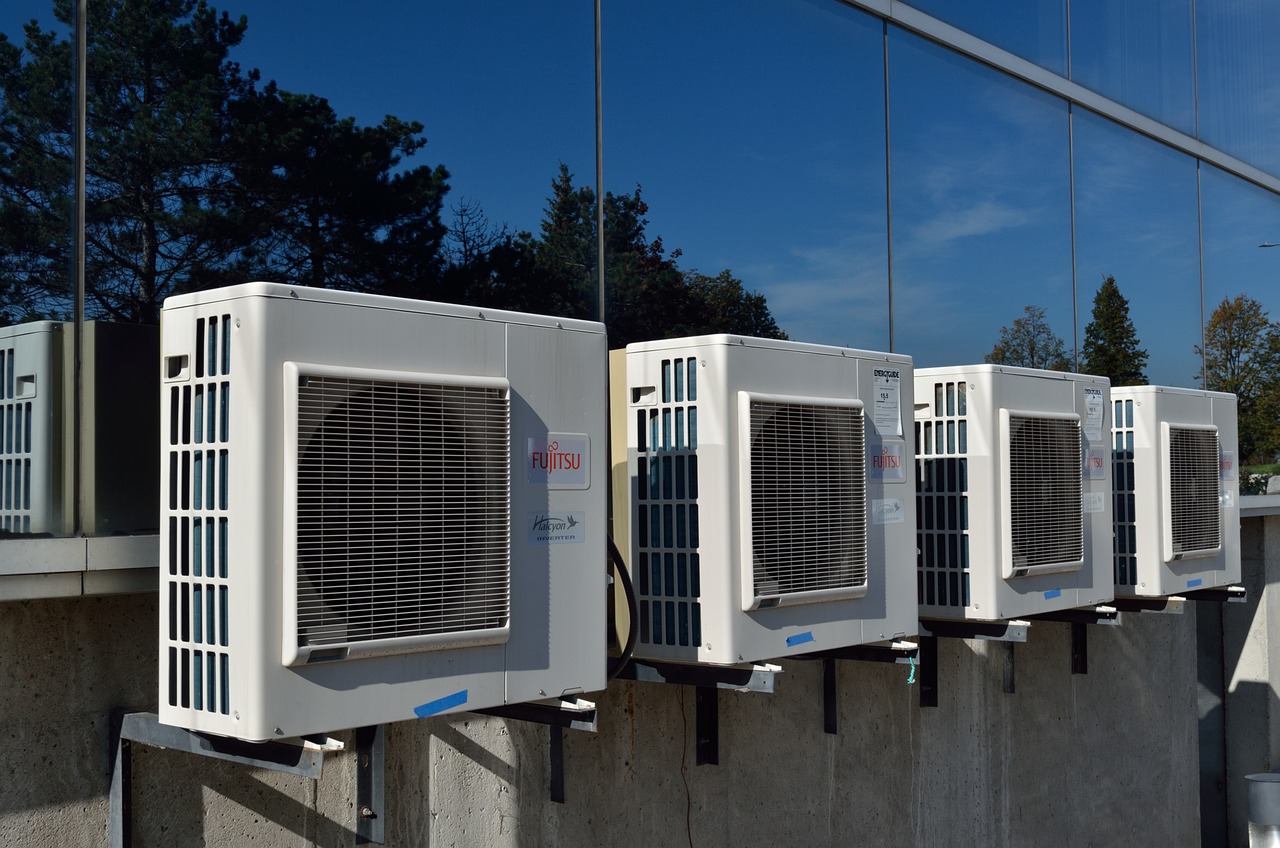HVAC is indispensable for creating comfortable and healthy indoor environments. It regulates temperature, controls humidity, and ensures optimal air quality, contributing to occupant well-being. In commercial settings, HVAC systems foster productivity by providing a consistent and conducive atmosphere. Modern HVAC designs prioritize energy efficiency, leading to cost savings and reduced environmental impact. Ultimately, HVAC’s importance lies in its ability to balance comfort, health, and sustainability, making it an essential component in various residential, commercial, and industrial spaces.
Roofing Repair
5 Surprising Advantages of Painting the Exterior of Your Home With Califirst Remodel
ENHANCED INDOOR AIR QUALITY:
One of the often-overlooked benefits of HVAC systems lies in their capacity to significantly enhance indoor air quality. Beyond their primary function of temperature regulation, these systems incorporate advanced air filtration and purification mechanisms. By efficiently removing pollutants, dust particles, and allergens from the air, HVAC systems create a healthier indoor environment. This, in turn, reduces the risk of respiratory issues and contributes to the overall well-being of occupants.
ENERGY EFFICIENCY SAVINGS
In the realm of modern building management, energy efficiency is a paramount consideration, and HVAC systems play a pivotal role in achieving substantial savings. Contemporary HVAC systems are engineered with a focus on energy efficiency, employing sophisticated technologies and smart controls. This not only translates into lower utility costs for building owners but also aligns with broader environmental sustainability goals by optimizing energy consumption.
PRECISE CLIMATE CONTROL
HVAC systems offer more than just temperature regulation—they provide precise control over the indoor climate. This capability becomes especially crucial in regions with extreme weather conditions. By maintaining optimal temperature and humidity levels, HVAC systems ensure a consistently comfortable indoor environment. This, in turn, positively impacts the productivity and well-being of occupants.
OCCUPANT HEALTH AND PRODUCTIVITY
Beyond the physical comfort provided, HVAC systems exert a considerable influence on occupant health and productivity. Well-regulated indoor temperature and air quality create a conducive environment for work or residence. By minimizing factors that can lead to discomfort or health issues, HVAC systems contribute to enhanced productivity, focus, and overall well-being.
Contact us for a free quote and discover how we can help you
ENVIRONMENTAL SUSTAINABILITY
The environmental impact of buildings and facilities has become a central concern in the push for sustainability. HVAC systems, when designed with energy efficiency in mind, contribute significantly to these efforts. By reducing overall energy consumption and minimizing carbon footprints, energy-efficient HVAC systems play a crucial role in the broader movement toward green building practices and environmental responsibility.
FINAL POINTS TO CONSIDER
In conclusion, when evaluating HVAC systems, it’s crucial to consider the holistic benefits they bring. Beyond upfront costs, the long-term lifecycle savings, integration of smart technologies for efficient control, and the adaptability of HVAC solutions to diverse environmental conditions play pivotal roles. Occupant health, productivity, and environmental sustainability are outcomes intricately tied to the proper functioning and design of HVAC systems. Careful consideration of these factors ensures not only immediate comfort but also a sustainable and efficient indoor environment for the future.
[metaslider id=”2378″]
FAQS
![]()
![]() Why is regular HVAC maintenance important?
Why is regular HVAC maintenance important?
Regular maintenance ensures optimal system performance, extends the lifespan of your HVAC equipment, and helps identify and address potential issues before they become major problems.
![]()
![]() How often should I replace my HVAC air filters?
How often should I replace my HVAC air filters?
It's recommended to replace air filters every 1 to 3 months, depending on factors like filter type, household size, and the presence of pets. Clean filters improve air quality and help the system operate efficiently.
![]()
![]() What is the ideal temperature setting for my thermostat?
What is the ideal temperature setting for my thermostat?
The recommended thermostat setting for comfort and energy efficiency is around 78°F (25-26°C) in the summer and 68°F (20-21°C) in the winter. Adjust based on personal preference and energy conservation goals.
![]()
![]() How can I improve energy efficiency in my HVAC system?
How can I improve energy efficiency in my HVAC system?
Enhance energy efficiency by sealing air leaks, insulating your home, using a programmable thermostat, and scheduling regular HVAC maintenance. These measures help reduce energy consumption and lower utility bills.
![]()
![]() What is the purpose of zoning in HVAC systems?
What is the purpose of zoning in HVAC systems?
Zoning allows you to divide your home or building into separate areas with individual temperature controls. This optimizes comfort and energy usage, as you can heat or cool only the areas that are in use.
![]()
![]() What should I do if my HVAC system is making unusual noises?
What should I do if my HVAC system is making unusual noises?
Unusual sounds may indicate issues such as loose components or worn-out parts. It's advisable to turn off the system and consult with a professional HVAC technician to diagnose and address the problem promptly.

+1 866-927-3792
Address
1441 N. McCadden Place
Los Angeles, CA 90028
Opening Hours
Monday – Thursday
8:00AM – 7:00PM
Friday
8:00AM – 2:30PM
Saturday
Closed
Sunday
8:00AM – 7:00PM






